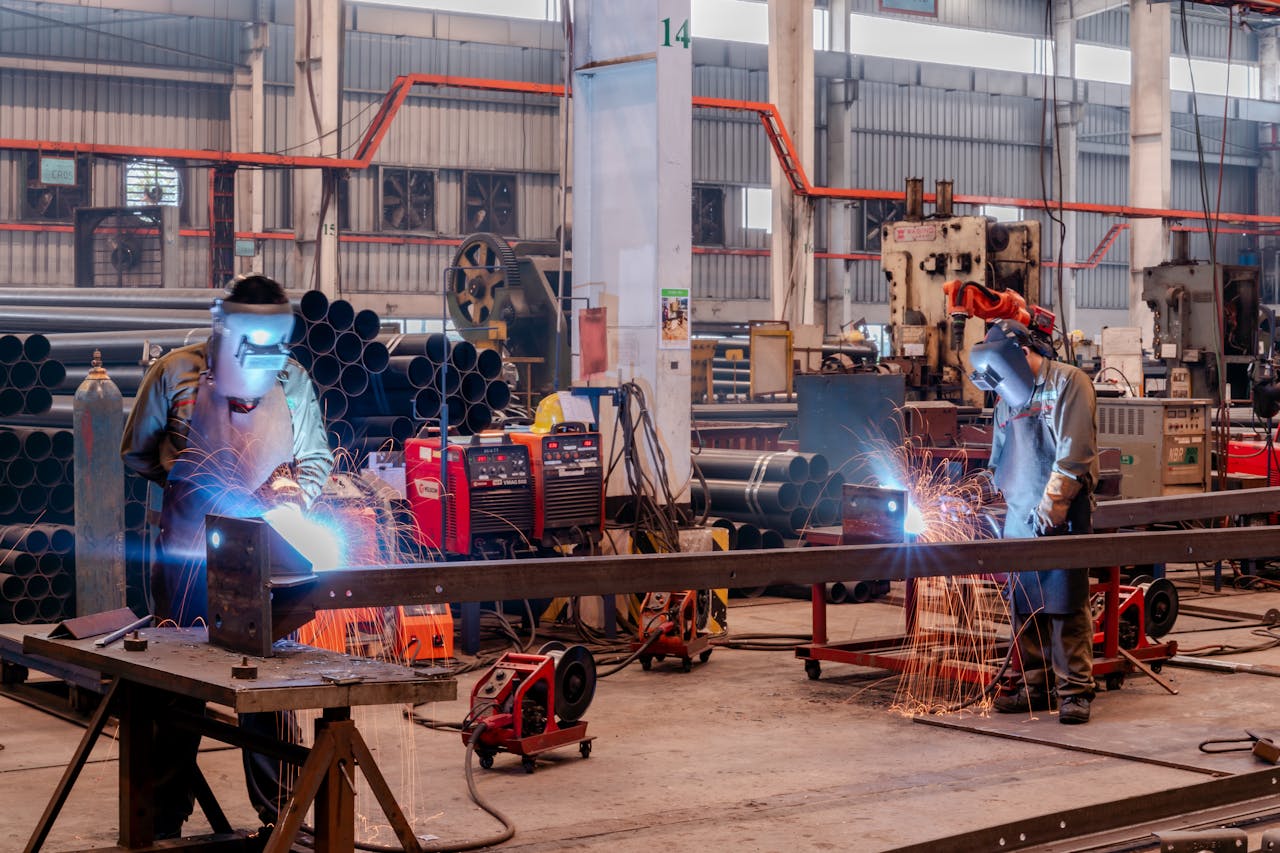
Adapting to Change: How Emerging Trends Are Reshaping Workers' Comp Claims

Key Takeaways:
- Modern workers' comp claims are increasingly complex, influenced by rising mental health-related claims, more long-tail injuries, the expanded use of telemedicine, higher litigation risks, and cross-claim complexities involving other liability types.
- Employers can proactively manage workers' comp claims by using a comprehensive checklist to ensure timely reporting, accurate documentation, proper medical evaluation, and coordinated return-to-work strategies.
- A detailed workers' comp claim guide serves as a vital internal resource for navigating complex injury scenarios, outlining reporting requirements, the full claims process, guidelines for cross-claim situations, and protocols for supporting injured employees.
- Medical inflation poses a significant risk to compensation programs by increasing treatment costs, delaying care, driving up prescription expenses, and complicating claims involving surgical interventions, necessitating proactive policy assessment and cost-containment strategies.
- Adopting technology like wearable safety devices and digital compliance tools, along with implementing proactive safety training, are evolving strategies for employers to reduce workplace accidents and mitigate long-term workers' comp costs while improving employee well-being.
The world of workers’ compensation is evolving. With advancements in workplace technology, shifts in workforce expectations, and a rise in claim complexity, businesses can no longer afford to treat claims the way they did a decade ago.
For organizations operating in high-risk sectors such as logistics, transportation, and manufacturing, these changes have immediate operational and financial implications. Staying ahead means updating processes, refining risk management strategies, implementing a clear employer workers' comp checklist, and working with a third-party claims administrator who understands how to navigate today’s challenges.
How Are Evolving Workers' Comp Claim Trends Shaping the Future of Workplace Injury Management?
Modern workers' comp claim trends reflect more than medical costs and paperwork. They reveal changing expectations around liability, documentation, and recovery timelines. Employers now face more scrutiny, more complex injuries, and more pressure to prove compliance.
Here are several major trends that are actively reshaping the way businesses manage workplace injury claims:
Key Trends in Workers’ Comp Claims Today:
- Rising mental health-related claims connected to job stress and burnout
- Increase in long-tail claims involving repetitive motion, chronic pain, and delayed symptom onset
- Expanded use of telemedicine, which changes how medical documentation is created and reviewed
- Higher litigation risks due to inconsistent injury reporting or delayed action
- Cross-claim complexities involving commercial truck claims management, cargo claims management, and general liability
Businesses that adapt to these changes proactively are better equipped to reduce exposure, accelerate recovery, and improve overall outcomes.
Use an Employer Workers' Comp Checklist to Stay Ahead
A practical employer workers' comp checklist helps companies stay compliant and responsive when an injury occurs. These checklists ensure that proper documentation is gathered, protocols are followed, and claims do not get derailed by missing details.
Checklist Essentials for Employers:
- Confirm immediate first report of injury is filed
- Collect and store accurate incident details and witness statements
- Ensure timely medical evaluation and treatment tracking
- Initiate communication with a third-party claims administrator
- Review potential overlap with general liability or cargo claims
- Develop a return-to-work strategy aligned with the employee’s condition
Following a well-structured checklist supports stronger claim defense, faster turnaround, and clearer documentation throughout the case.
How a Workers' Comp Claim Guide Helps Navigate Complexity
A comprehensive workers' comp claim guide can serve as a critical internal resource, especially for HR, safety, and fleet managers. As injury scenarios grow more complex, these guides help teams navigate timelines, coverage details, and multi-party involvement.
What an Effective Workers' Comp Claim Guide Should Include:
- Clear definitions of compensable injuries and workplace reporting requirements
- Explanation of the full claims process, including documentation expectations
- Guidelines for identifying when a claim intersects with commercial truck claims management or cargo claims management
- Contact lists for internal claim coordinators, third-party administrators, and approved medical providers
- Protocols for supporting injured employees during recovery and transition back to work
Equipped with the right guide, your team can respond confidently and consistently to every workplace injury.
Medical Inflation and Its Impact on Compensation Programs
One of the biggest risks facing businesses today is the rising cost of healthcare. As medical inflation continues to outpace general inflation, the cost of treating occupational injuries and physical injuries directly impacts the long-term sustainability of a company’s compensation program.
Key Impacts of Medical Inflation:
- Higher treatment costs increase the total value of each claim
- Delayed care or specialist referrals drive additional expenses
- Prescription costs and long-term therapies strain compensation coverage
- Complex injuries requiring surgical intervention lead to disputes over necessity and scope
Businesses must continually assess their compensation policies to stay aligned with rising costs and evolving treatment protocols. Veritas helps clients contain exposure through detailed reviews, provider coordination, and early intervention strategies.
Technology and Training: Evolving Tools to Reduce Workplace Accidents
With the modern landscape of workers shifting toward more distributed, automated, and fast-paced environments, employers must rethink how they approach injury prevention. Advances in wearable safety technology and proactive safety training are reshaping how companies mitigate work-related accidents.
Strategies to Reduce Workplace Injuries:
- Use of wearable devices to detect posture issues, fatigue, or unsafe movements
- Smart helmets and vests that alert to environmental hazards
- Digital checklists and safety compliance tools to enhance field audits
- Mandatory safety training tied to site-specific and role-specific risks
- Real-time communication platforms for reporting near misses and potential hazards
By integrating modern safety measures, employers can proactively reduce the frequency and severity of workplace accidents, which in turn helps manage long-term costs and supports employee well-being.
Why Veritas is the Right Partner for Modern Workers’ Comp Claims
Emerging trends demand a partner who can deliver clarity, precision, and structure. Veritas brings years of specialized experience in workers’ compensation, as well as in high-exposure claims tied to transportation, logistics, and field-based operations.
As your third-party claims administrator, Veritas supports:
- Full-service claim oversight from intake to resolution
- Multiline coordination across general liability, commercial truck, and cargo-related claims
- Return-to-work planning that balances care, recovery, and business needs
- Documentation standards that support both compliance and appeal-readiness
- Real-time updates and reporting to keep your internal team informed
With Veritas, your business is equipped to manage today's claim challenges with tomorrow’s strategy in mind.
Optimize Your Claims Process with a Proven Third-Party Administrator
When you're managing high-stakes claims across workers’ compensation, commercial trucking, cargo, and liability, you need more than basic support. You need a strategic partner.
Veritas is the trusted third-party claims administrator for businesses that demand accuracy, accountability, and results. We provide comprehensive oversight of your claims lifecycle, reduce delays, contain costs, and ensure every file is handled with expert precision.
Contact Veritas today to see how our experience can help you navigate complex claims with clarity and control.

